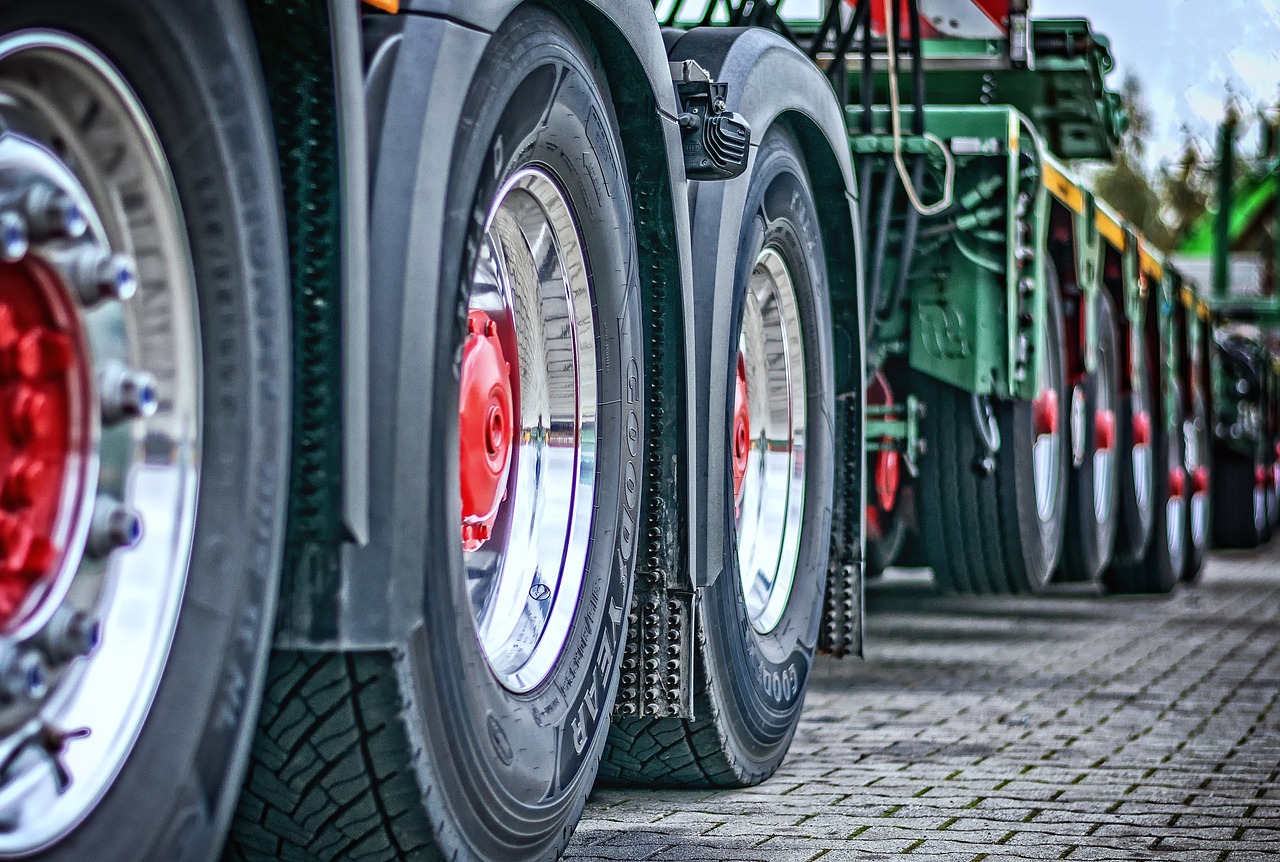The transportation sector is undergoing a significant technological transformation in the quest for sustainability, and nowhere is this more evident than in the UK and Europe. Innovative technologies are driving the shift toward cleaner, more efficient, and smarter transport systems, with a focus on electrification, hydrogen fuel cells, and advanced mobility solutions.
Electrification: The Core of Sustainable Transport
The electrification of vehicles remains the cornerstone of sustainable transport technology development. Advances in battery technology are enabling electric vehicles (EVs) to travel further and charge faster. The introduction of solid-state batteries, which offer higher energy density and faster charging times, is expected to revolutionize the EV market in the coming decade.
Battery management systems (BMS) are also improving, optimizing the performance and lifespan of EV batteries by regulating temperature and power output. Companies are investing heavily in recycling technologies to ensure the sustainability of battery materials such as lithium and cobalt, reducing the environmental impact of EV production.
Furthermore, innovations in wireless charging and ultra-fast charging stations are becoming a reality. These technologies will address one of the primary barriers to EV adoption—charging convenience—by making refueling as fast and simple as traditional petrol stations.
Hydrogen: A Game-Changer for Heavy Transport
While battery technology is ideal for passenger cars, hydrogen fuel cells are gaining traction as a solution for heavy-duty transport, including trucks, buses, and even trains. Hydrogen technology development is focused on improving the efficiency of fuel cells, reducing the cost of hydrogen production, and expanding refueling infrastructure.
In Europe, companies like Alstom have successfully deployed hydrogen-powered trains, while the UK is seeing the development of hydrogen trucks and buses. Research into green hydrogen—produced using renewable energy—promises to make this fuel source a fully sustainable option in the future. Hydrogen-powered transport provides a higher range than battery-electric vehicles, making it particularly suitable for long-haul logistics and public transportation.
Smart Mobility and Autonomous Transport
The integration of smart mobility technologies is reshaping how people and goods move. Autonomous vehicles (AVs) and connected transport systems are at the forefront of these innovations. By leveraging artificial intelligence (AI) and machine learning, AVs are being designed to optimize routes, reduce traffic congestion, and minimize fuel consumption, enhancing the overall efficiency of transport networks.
In urban areas, autonomous shuttle services and ride-hailing platforms are being tested to provide seamless mobility solutions. This technology not only improves convenience for users but also reduces the environmental footprint by maximizing vehicle utilization and reducing idle time.
Mobility-as-a-Service (MaaS) platforms are also playing a crucial role. These systems allow users to plan, book, and pay for different types of transport—from trains and buses to e-scooters and shared vehicles—through a single app, improving accessibility and reducing the reliance on private car ownership.
Sustainable Logistics: Electrification and Digitalization
Sustainable transport technologies are also transforming the logistics and freight industries. Electric trucks are being developed for last-mile deliveries, while autonomous electric cargo drones are being tested for small parcel deliveries in urban areas. These technologies promise to significantly reduce emissions in densely populated cities.
In addition, digital freight management platforms are optimizing supply chains by using data to predict demand, optimize routes, and reduce empty trips. Companies are investing in real-time data analytics and cloud-based logistics platforms to make freight transport more efficient, transparent, and sustainable.
Cutting-Edge Research in Aviation and Maritime Transport
The aviation and maritime sectors, traditionally heavy emitters, are also experiencing technological innovations aimed at reducing carbon footprints. Research into electric aircraft and hydrogen-powered planes is gaining momentum. Companies like Airbus are working on prototype aircraft that could be zero-emission by 2035. In the maritime sector, electric ferries and hybrid ships are becoming more common, and the development of sail-assisted cargo ships is being explored as a way to reduce fuel consumption.
Challenges and Future Directions
Despite rapid progress, sustainable transport technologies face several challenges. Cost reduction remains a critical goal, particularly for hydrogen fuel cells and battery technology. Scaling these technologies to meet mass-market demand while maintaining environmental sustainability is another hurdle. Moreover, the infrastructure needed to support these technologies, such as charging stations and hydrogen refueling points, requires significant investment.
However, the future of sustainable transport is bright. As artificial intelligence, big data, and IoT (Internet of Things) become more deeply integrated into transport systems, the efficiency and environmental impact of these networks will continue to improve. With sustained innovation and investment, sustainable transport technologies will redefine mobility in the UK and Europe, driving the region toward a cleaner, smarter future.



